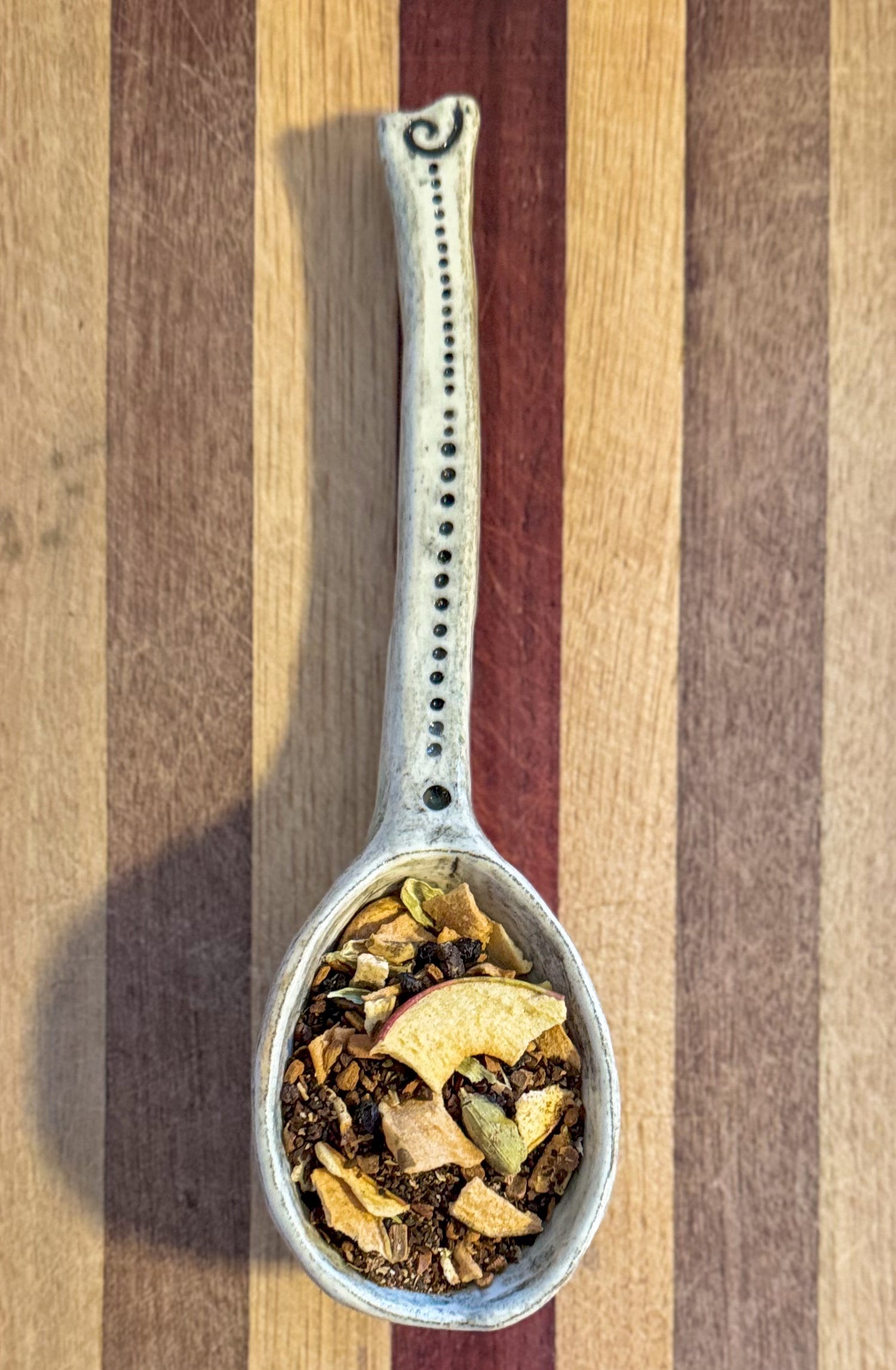Plants have been used for centuries as natural remedies for various health issues. From ancient herbal remedies to modern-day medicine, plants have proven to be effective in promoting overall well-being.
One of the primary reasons why we should use plants for our well-being is their natural healing properties. Plants contain various active compounds that can benefit our health in different ways. For instance, some plants contain anti-inflammatory compounds that can reduce inflammation and pain in the body, while others contain antioxidants that can neutralize harmful free radicals and prevent oxidative damage.
Another reason to use plants for our well-being is their affordability and accessibility. Many plant-based remedies are readily available and affordable, making them a convenient option for people who cannot afford expensive medical treatments. Additionally, plants can be easily grown in gardens or pots, allowing individuals to grow their own herbs and plants for medicinal purposes.
Plants can also have fewer side effects compared to synthetic medications. Many prescription medications come with a long list of potential side effects, some of which can be severe. However, plants are generally considered safe and have fewer side effects when used in moderation and under proper guidance.
Using plants for our well-being promotes sustainability and reduces our carbon footprint. By utilizing plants for medicine, we reduce our reliance on synthetic medications, which often come with environmental costs such as manufacturing and disposal.
Plants offer numerous benefits for our well-being, including natural healing properties, affordability, accessibility, fewer side effects, and sustainability. Incorporating plant-based remedies into our health routines can lead to improved health outcomes and a healthier planet. However, it is essential to consult a healthcare professional or herbalist before using plant-based remedies to ensure their safety and effectiveness.


